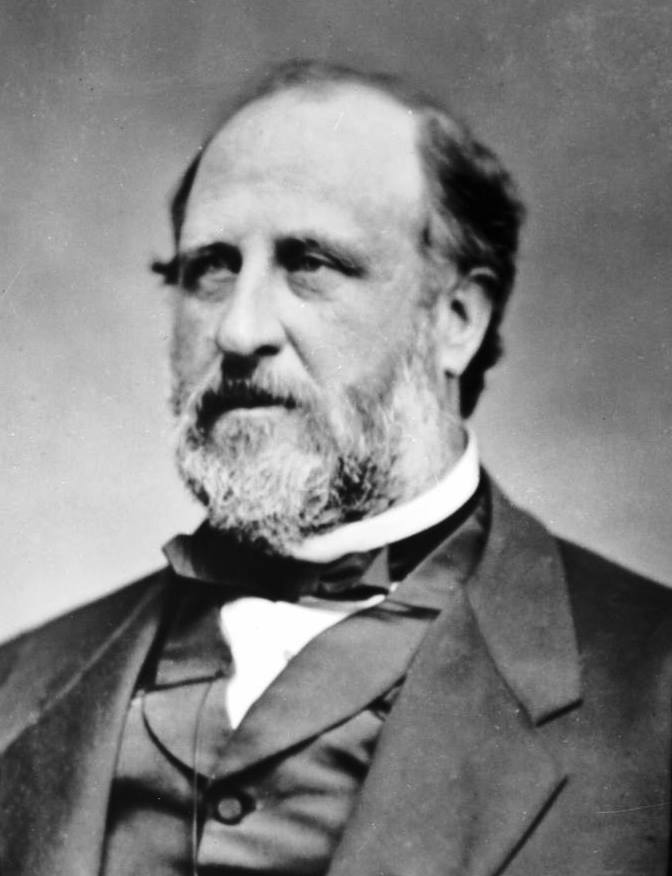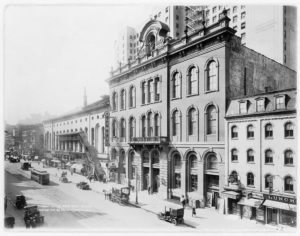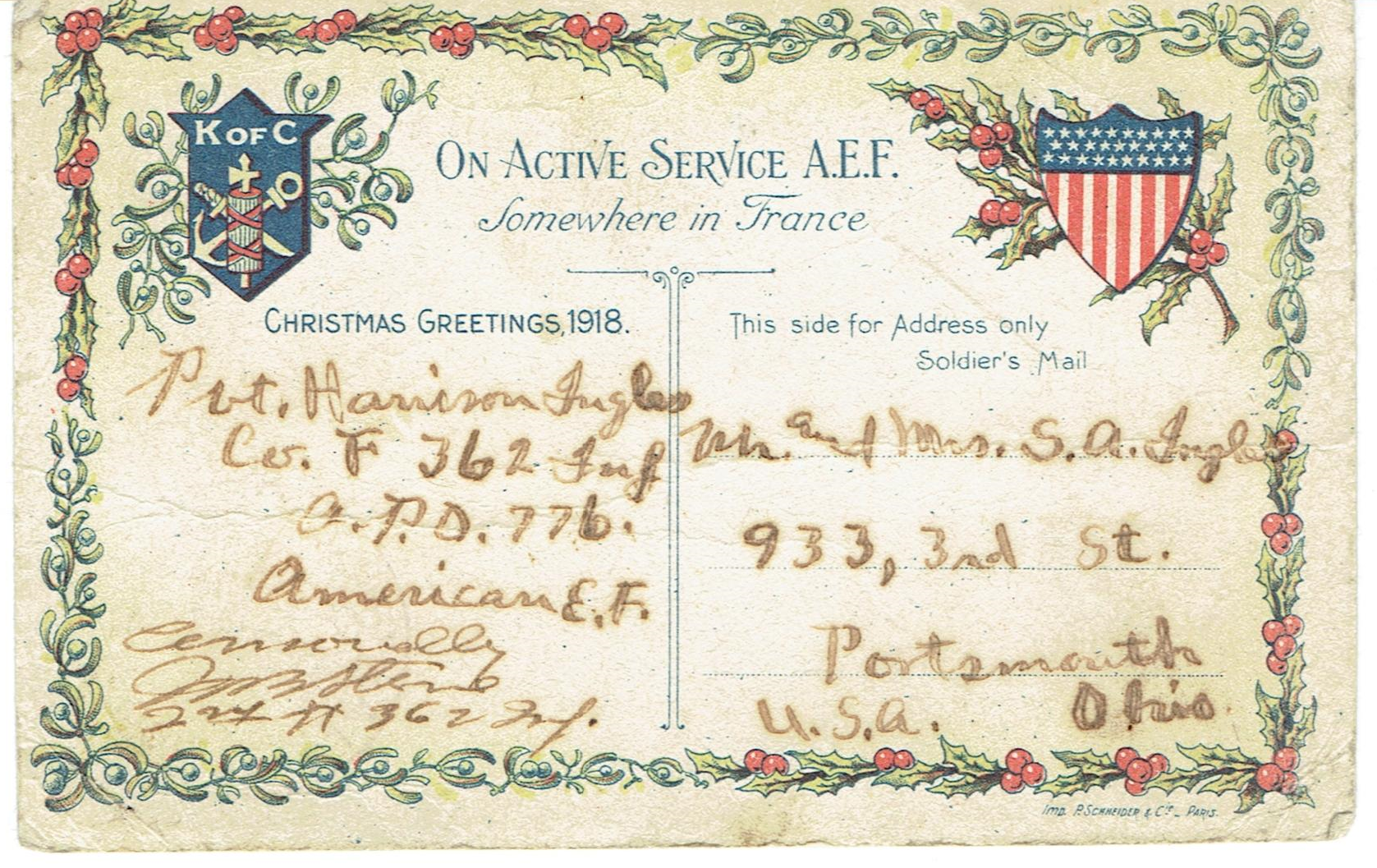Here is a true story that may interest you.
William M. “Boss” Tweed
A tale of political power and corruption.
Who Are We Talking About?
William Magear “Boss” Tweed was born on April 3, 1823 in New York City.
In 1868, Tweed became grand sachem (leader) of Tammany Hall.
*****
What Was Tammany Hall?
Tammany Hall began as a patriotic and social club established in New York in the years following the American Revolution.
But Tammany became a powerful political machine that essentially ran New York City throughout much of the 19th century.
The organization existed well into the 20th century, when it was finally killed off after decades of corruption.
The organization was at its most infamous in the years following the Civil War. At that time, it was a corrupt political organization controlled by Boss Tweed’s “Ring.”
*****
Boss Tweed and Great Power
Tweed was not only grand sachem (leader) of Tammany Hall, he was also elected to the New York State Senate, and in 1870 he and his Ring took control of the city treasury when they passed a new city charter that named them as the board of audit
The Tweed Ring began to financially drain the city of New York through faked leases, false vouchers, extravagantly padded bills, and various other schemes set up and controlled by the Ring.
Tweed doled out thousands of jobs and lucrative contracts, and he expected favors and kickbacks in return.
Some of the skimmed money was distributed to judges for favorable rulings.
Very large building projects, including the Brooklyn Bridge, had millions of dollars of padded costs added that went straight to Boss Tweed and his Ring.
In total, the Tweed Ring brought in an estimated $50 to $200 million. And that was in 1870 dollars.
$100 in 1870 is equivalent in purchasing power to about $2,333 in 2023.
So today, the $50 to $200 million would be $1.67 to $4.67 billion.
The Tweed Ring also manipulated elections. People were hired to vote multiple times and were protected by sheriffs and temporary deputies.
And, as Tweed one time said, “The ballots made no result; the counters made the result.”
*****
The End of “Boss” Tweed
In 1874, Tweed was found guilty of embezzling millions of dollars from state and city governments.
Tweed was sentenced to 12 years imprisonment at the Blackwell Island prison.
Tweed’s prison lifestyle was not that of the typical prisoner. He had a spring board mattress, a velvet sofa, and library books.
Tweed’s sentence was reduced and he was freed after one year.
Tweed was immediately re-arrested to face civil charges and incarcerated at the Ludlow Street Jail, a Federal Prison in Manhattan.
On a supervised home visit, Tweed escaped.
He went first to Cuba and then Spain. Spanish authorities arrested him and returned him to New York City.
Tweed died on April 12, 1878 in Ludlow Street Jail, at the age of 55.





